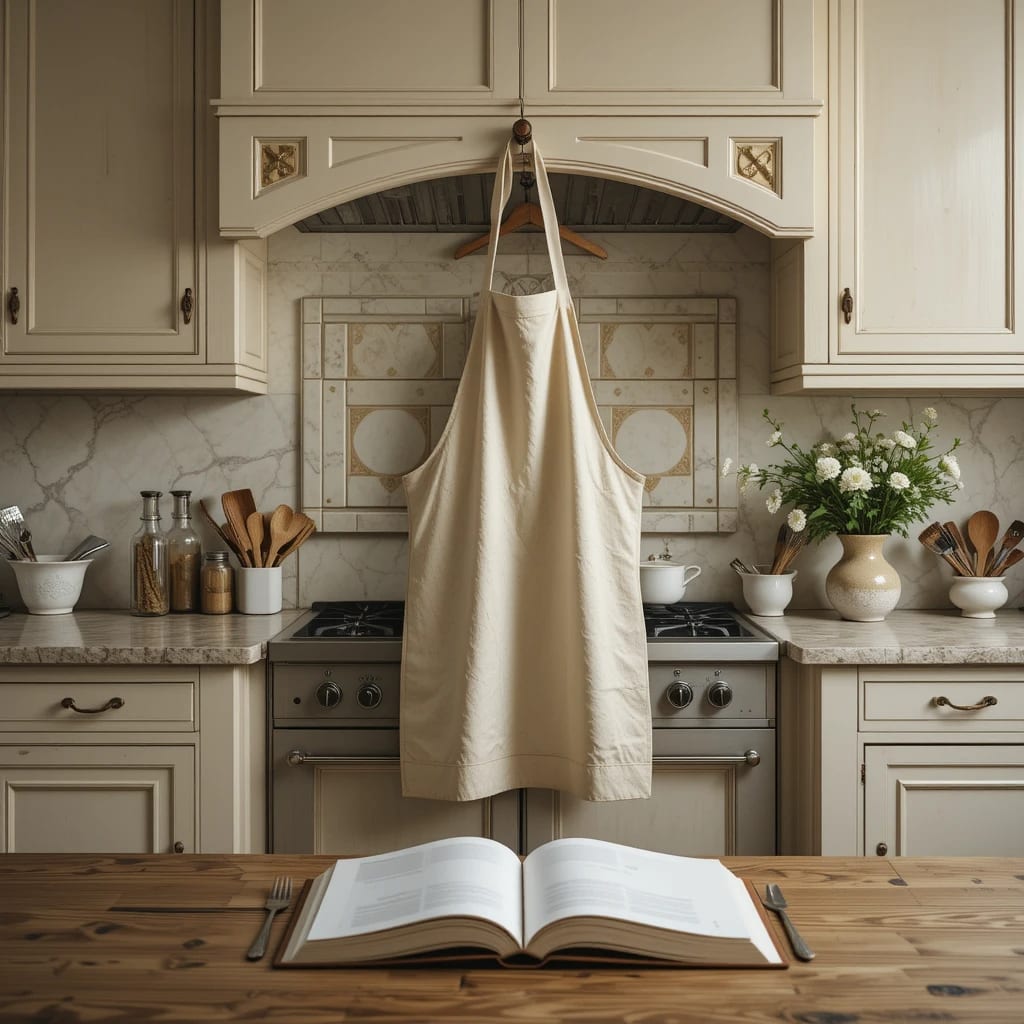Meghan Markle’s much-hyped Netflix cooking series — once touted as her wholesome return to the spotlight — has officially been canceled. But it wasn’t just bad ratings or budget cuts that killed it. According to insiders, the show was a slow-brewing storm of ego, inauthenticity, and cultural missteps that left Netflix with no choice but to quietly pull the plug.
The project, which began with the promise of celebrating family, food, and cultural heritage, was originally pitched as a heartfelt lifestyle series — a charming mix of stories and recipes tied to global traditions. On paper, it sounded like the kind of thing that could have won over even Meghan’s critics. But behind the scenes, the atmosphere reportedly turned sour fast.
Netflix executives had hoped for a genuine, relatable series. Instead, what they got felt like a high-end Pinterest board — all curated aesthetics, little heart. Sources close to production said Meghan micromanaged every element: lighting angles, background props, even which spices appeared on screen. One assistant was allegedly reprimanded for calling her “Meghan” instead of “The Duchess.” Another crew member was reportedly dismissed mid-shoot for questioning whether the cookware used was genuinely eco-friendly.
—
The Vibe Was Off
Test audiences described the show as emotionally flat and performative. One viewer even said it felt like “watching someone pretend to be human.” The tone, they said, missed the mark — too polished, too self-important, and oddly cold for a cooking show meant to inspire warmth.
Netflix tried to help. Executives gave feedback, urging Meghan to loosen up and focus more on the food than the optics. But she reportedly pushed back, claiming the feedback was an attempt to “diminish her voice.” What followed were costly reshoots, rewrites, and guest cancellations — including one celebrity chef who allegedly backed out after the first production meeting.
Then came the real blow: a cultural accuracy controversy that ignited online backlash.
—
A Sauce and a Scandal
One episode featured Meghan sharing a heartfelt recipe she said was passed down from her great-grandmother — a tomato sauce rooted in African cooking traditions. The problem? Experts quickly flagged the segment for historical and cultural inaccuracy. Food historians on social media accused her of cherry-picking cultural elements without proper context or research. One viral post called it “a repackaged buzzword salad with no real soul.”
Netflix executives, caught off guard, considered editing the episode or issuing a quiet apology. Meghan refused, calling the criticism political and insisting on leaving the segment untouched. That, according to multiple sources, was the moment Netflix decided the project had become a liability.
—
Quiet Cancellation, Loud Fallout
From there, Netflix began ghosting the project. Calls went unanswered. Meetings were delayed. Studio bookings were revoked. Meghan allegedly found out through her assistant, who received a vague email saying the series was “on hold indefinitely.”
Her response? Furious emails and threats to escalate the issue to Netflix’s top brass. But the damage was done. The show had already become a punchline before it ever aired. Even late-night hosts jumped in. Jimmy Kimmel reportedly joked, “Netflix said the show was so bad, they recommended it to people they want to cancel their subscriptions.”
For Meghan, this was supposed to be her comeback. After the collapse of her Spotify podcast Archetypes and the backlash over previous media ventures, this cooking series was meant to show a softer, more grounded side. But like the now-infamous “jam jars” she once promoted, it just didn’t stick.
—
A Familiar Pattern of Overreach
Critics argue the show’s failure wasn’t about food — it was about control. Meghan reportedly ran the set like a royal court, frustrating creative collaborators and alienating industry professionals. Even Tyler Perry, who once offered her and Harry shelter during their split from royal life, reportedly distanced himself from this project.
A Netflix exec summed it up best: “It felt less like storytelling and more like branding with a recipe attached.”
Social media had a field day. Parody accounts mocked the show’s concept. One post joked it looked like “a Hallmark movie produced by a Whole Foods manager.” Others called it “reheated wellness clichés dressed as authenticity.”
—
What’s Next for Meghan?
Sources say Meghan’s team is already pivoting. A podcast relaunch, a potential book, maybe even a return to acting are all rumored to be on the table. But the brand damage is real. Audiences are growing wary of what many now see as calculated performances rather than genuine connection.
Meanwhile, Netflix has moved on, reportedly investing in more grounded British dramas — and even considering collaborations with other royals who come with less controversy and more cooperation.
In the end, Meghan’s biggest misstep wasn’t culinary. It was strategic. She underestimated the intelligence of her audience and overestimated her ability to control the narrative. What could have been a refreshing chapter in her media journey has now become another cautionary tale in overbranding.
—
Final Thought
Meghan’s failed Netflix show may be quietly buried, but the lessons are loud: authenticity matters. Even in the world of streaming, audiences crave something real — not just a glossy persona wrapped in designer aprons.
And while Meghan may rise again with a new project or pitch, this latest misfire adds another crack in her public image. The pot may still be on the stove, but for now, the kitchen’s gone cold.


Dining and Cooking